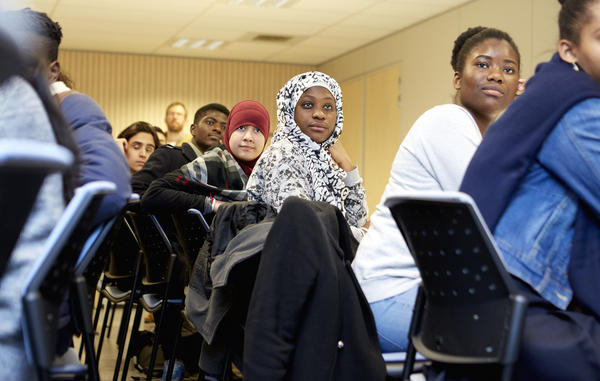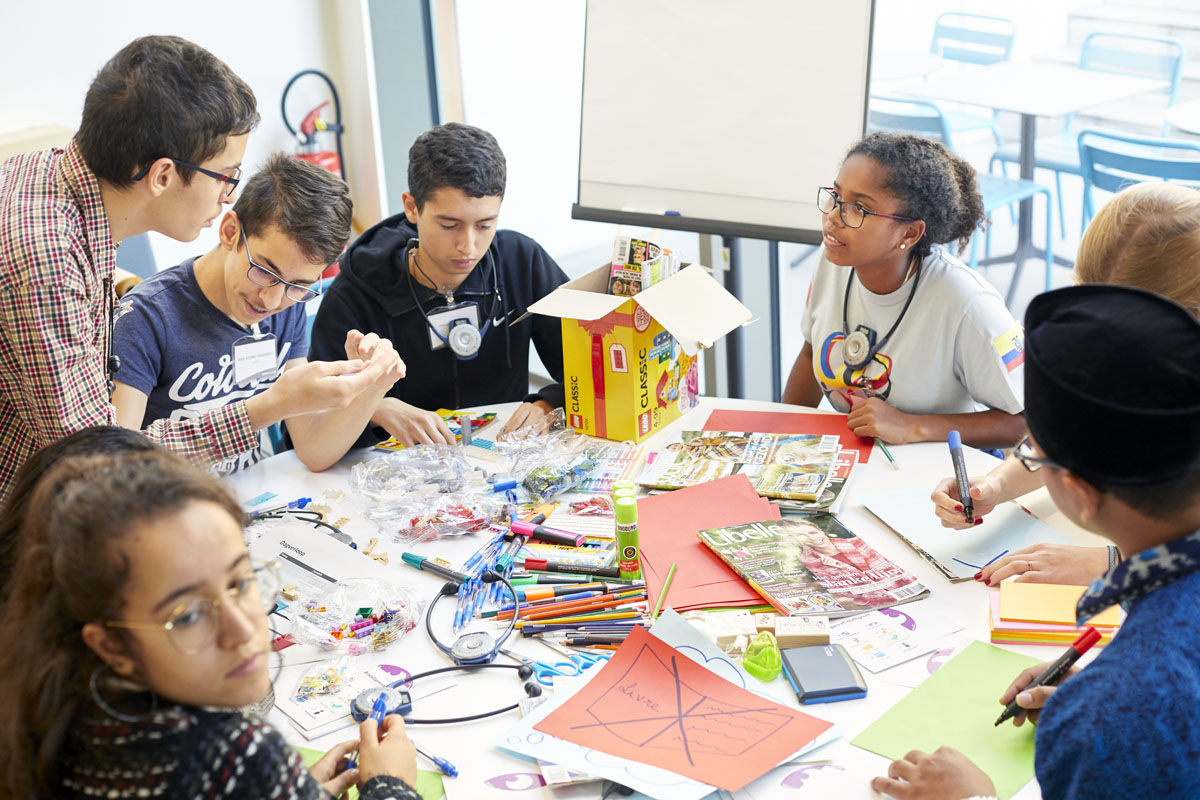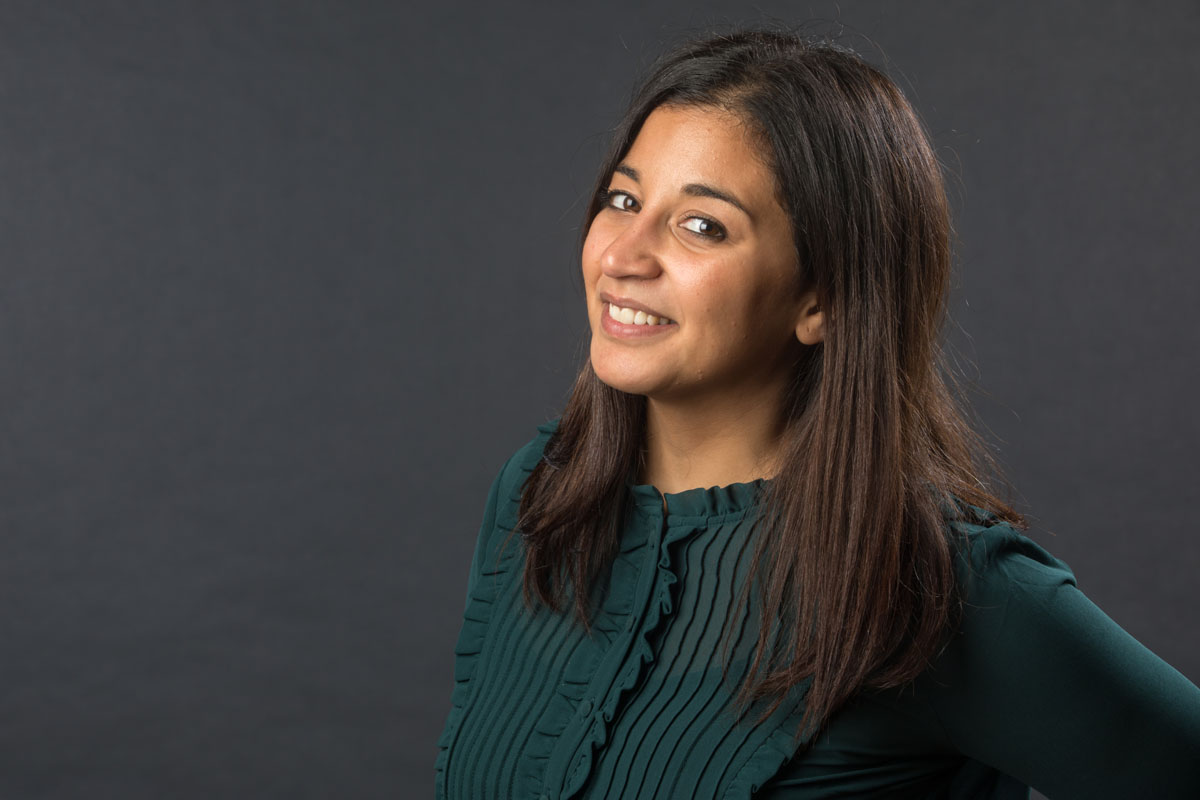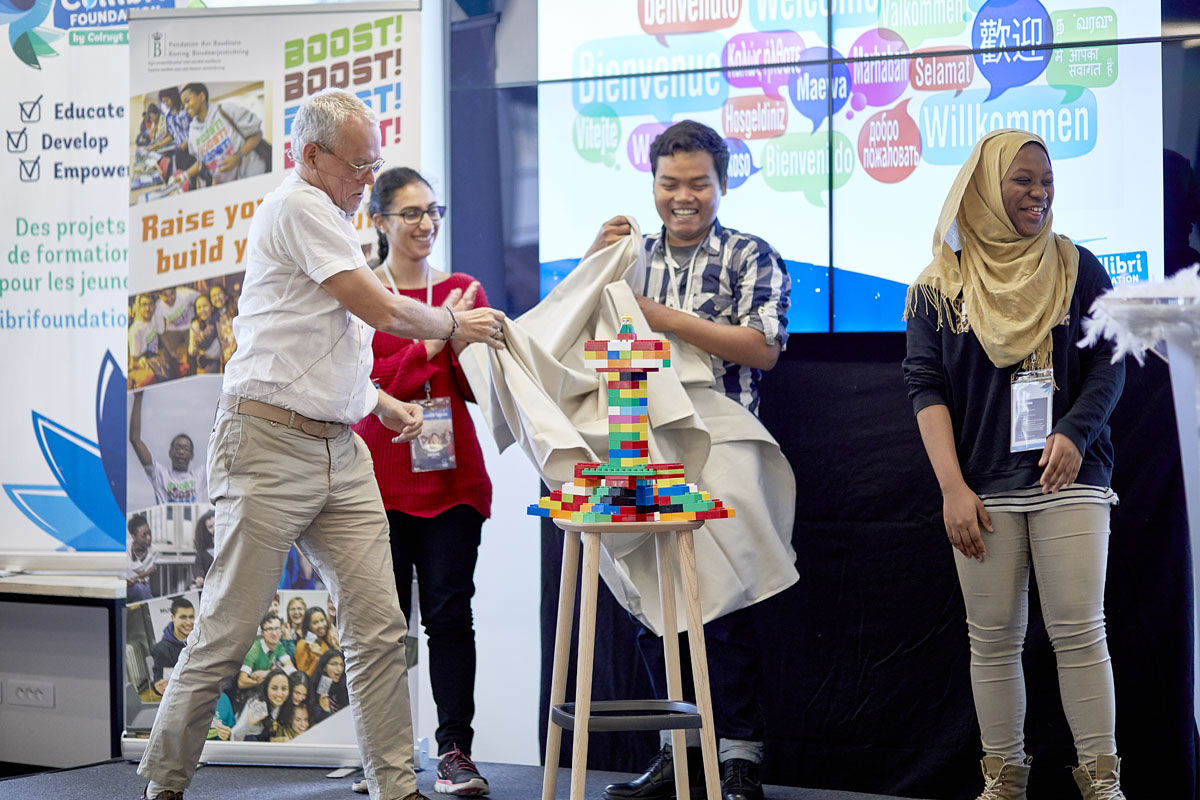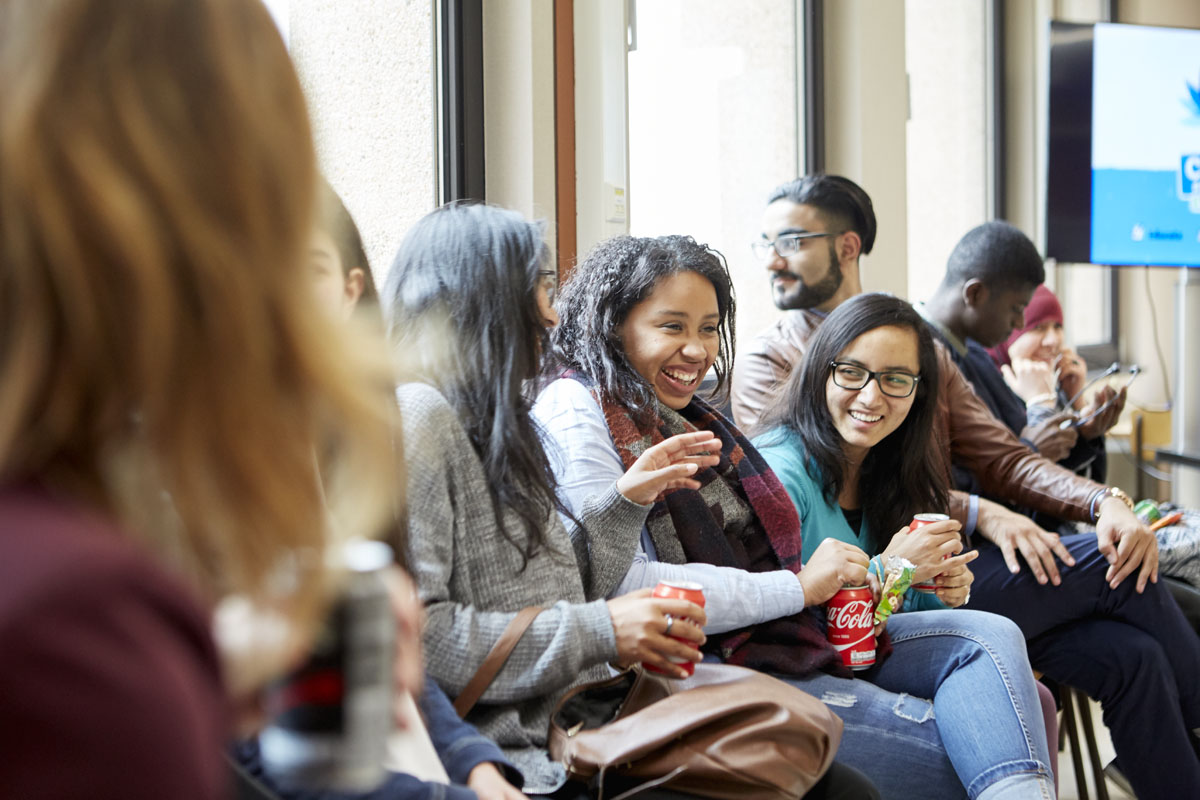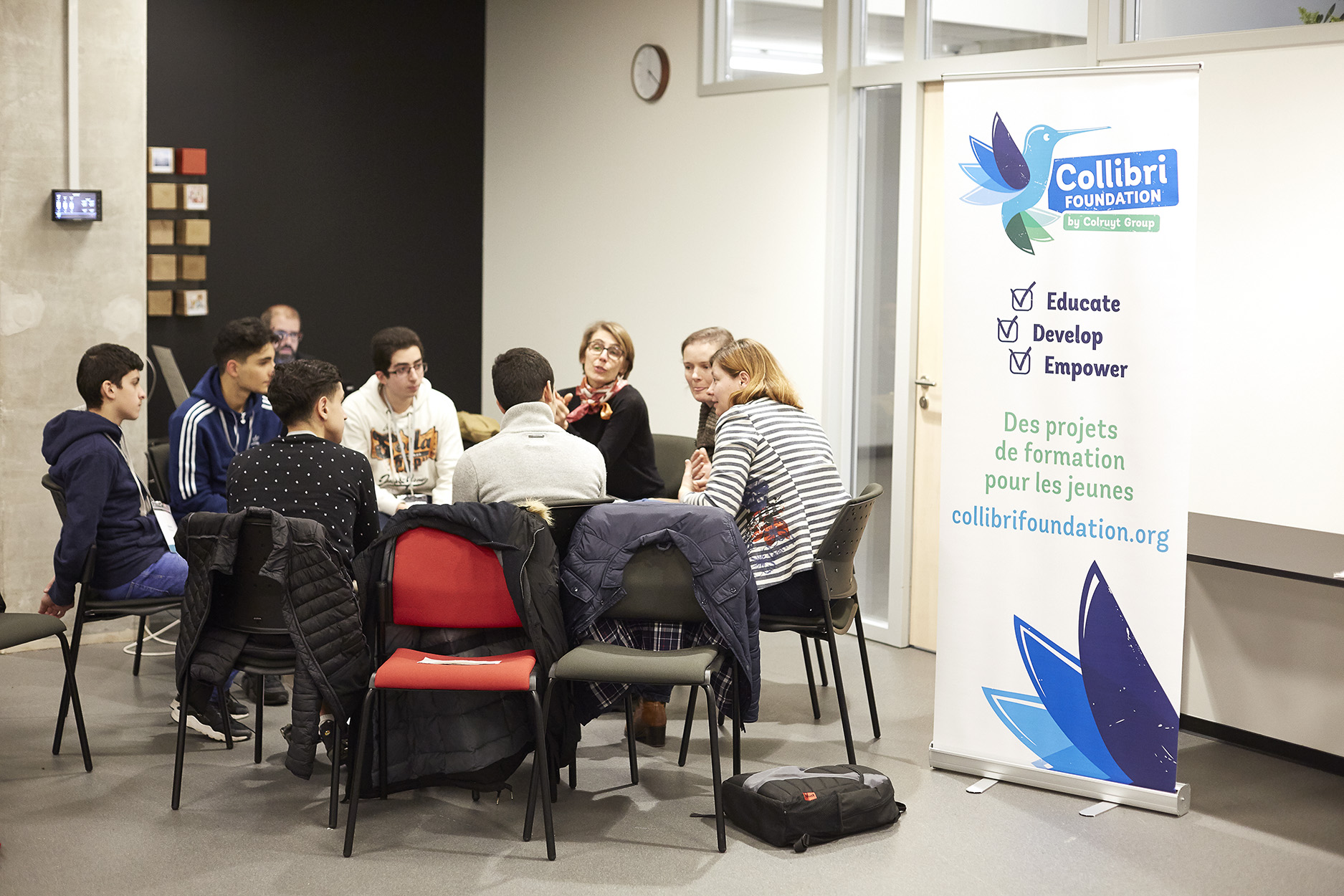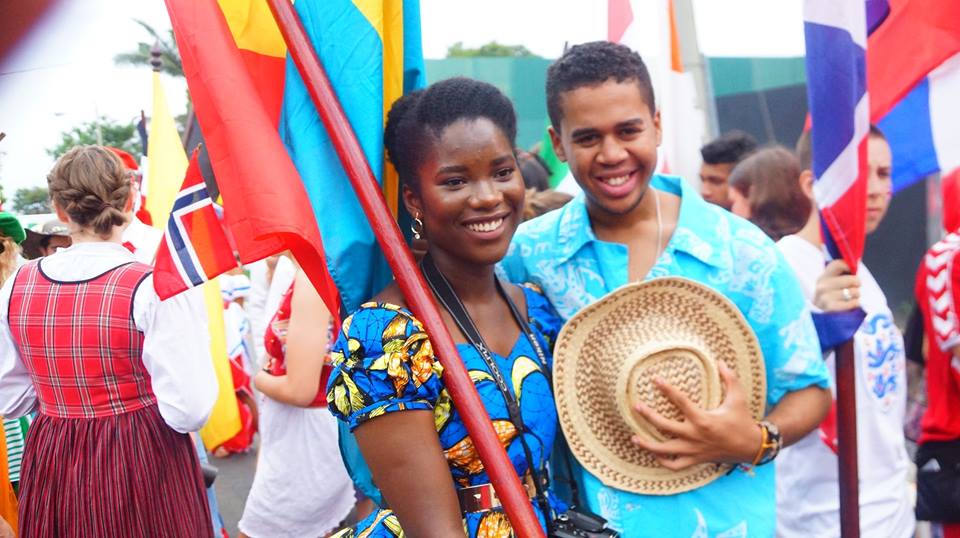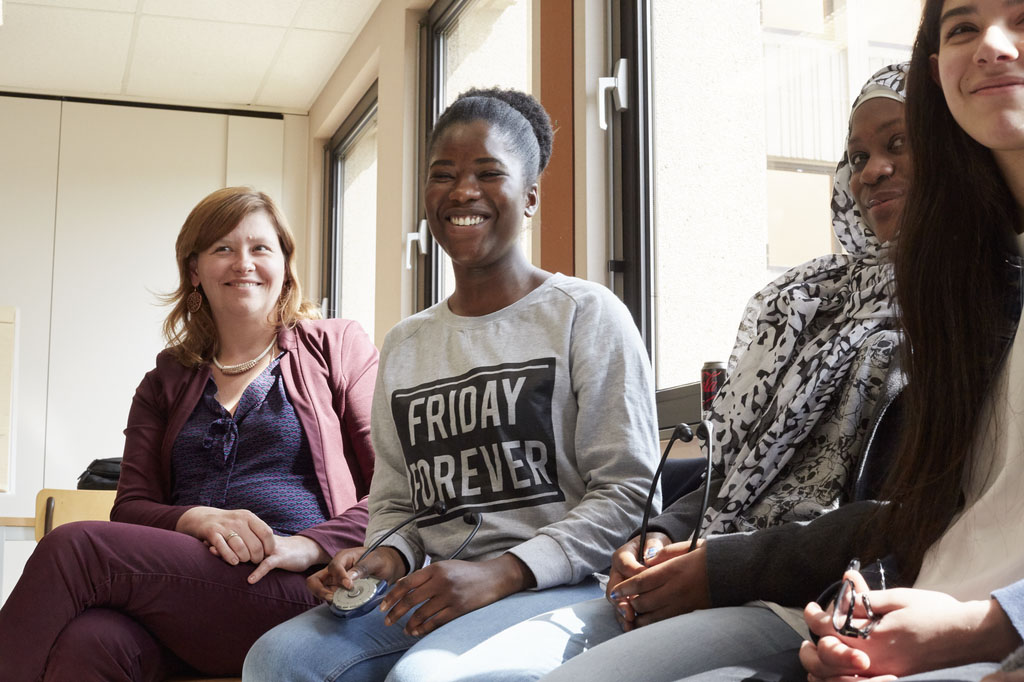Starting the new school year with an open mind
How are our 26 BOOST students in Brussels doing? Field managers Els Thijskens and Ophélie Amelin tell us all about both the past and the coming year.
Ophélie: "Of the 15 French students, 11 passed on their first try. Four had to do resits and received extra tutoring from teachers. Three of them succeeded. 14 students will now start their sixth secondary grade, which marks their third year in the BOOST trajectory."
Els: "In the Dutch group, 7 of the 11 students passed, and 2 students will reorientate in order to finish the third grade in one year..."
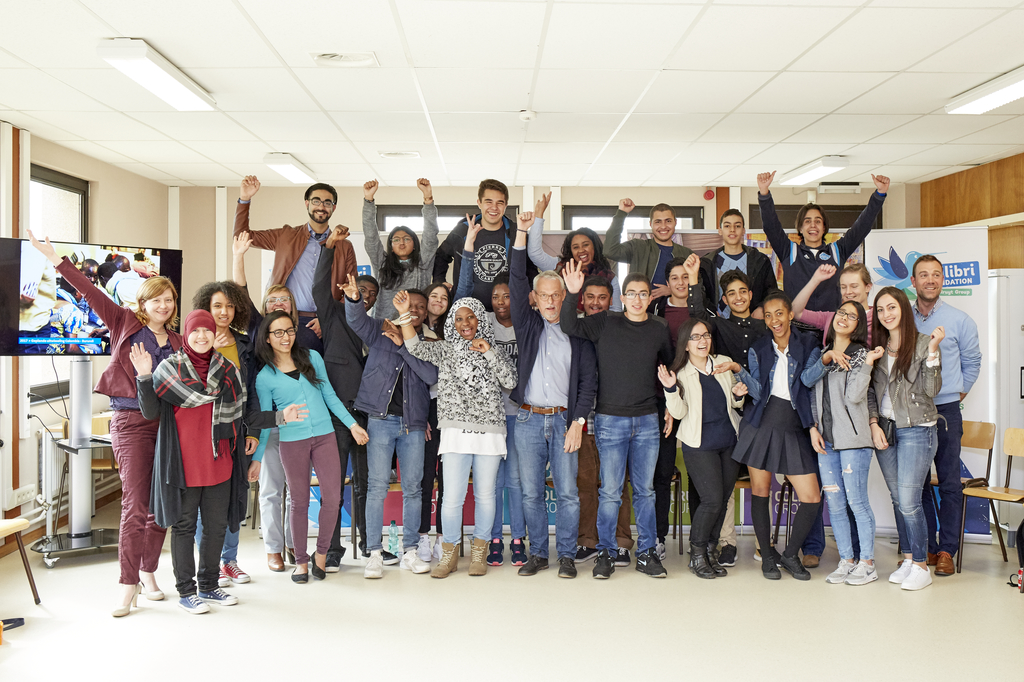
In the first year, they mainly worked on self-knowledge, self-confidence, and a good command of language. What was the focus during the past school year?
Ophélie: "During the past year we focused mainly on school and work orientation. In collaboration with job agency Randstad we organised workshops and put the students into contact with professionals who could tell them about their careers. To close out the year, we visited a company. Part of the group visited Randstad, and the rest went to the Brugmann hospital."
Els: "Command of language is an incredibly important focus throughout the three years. A lot of our students have a migratory background and don’t speak Dutch at home. As they progress in their studies, they encounter more and more problems. A lot of drop-outs occur in the fifth secondary grade. In the last week of June we even organised a summer course in Dutch, in collaboration with the Institute for Living Languages at the University of Leuven. A kind of language lab where the students were mainly given tools to use for themselves."
Did you also visit a company, Els?
Els: "We did it slightly differently: the last of our five workshops with Randstad was 'a visit to your dream job'. We asked the students who they truly wanted to meet. As a result, we visited a hotel manager, a hospital, Doctors of the World, etc. The past year we really focused on the concept of 'unknown, unloved'. A lot of our students are confronted with high expectations from the home front; their parents want their children to get a good degree. That means they want them to be doctors, lawyers, engineers, etc. But that doesn’t always match what these students want, or what they’re capable of."
Ophélie: "This year, we wanted to really show the students how many different professions and profiles there are. For example, one person wanted to become a doctor because the atmosphere in a hospital, the ability to help people, etc. But recently they decided to study medical imaging, which is a fairly new bachelor’s programme. Another girl, Fatoumata, was also thinking about becoming a doctor. But after visiting the hospital and discovering what that job really entailed, she decided to study computer sciences. It’s a choice that is better suited to her talents and competencies. So a visit or a testimonial from a professional can also provide a reality check, and can be really enlightening."
What will you be focusing on this school year?
Ophélie: "This year, our central theme is 'an open mind': being open to the world and its many possibilities. Through workshops, we want to give our students better insight into the job market and teach them critical thinking. The workshops are always taught by external experts, to ensure that our students come into contact with many different ways of thinking and opinions. They’ll then be able to use that to form their own opinions. We’re also planning a day of 'civic responsibility', where the students spend a day at for instance Oxfam, a homeless shelter, etc. We stimulate our students to show initiative in this as well. They can always count on our support, of course, but this year they should also become more autonomous."
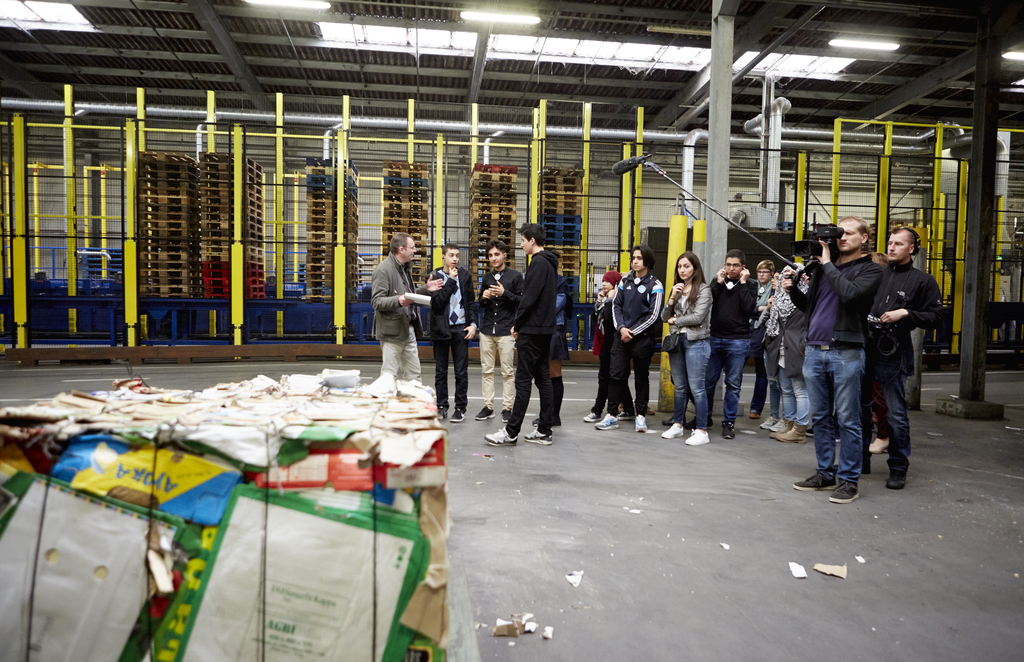
Els: "We do want to focus on an open mind this year, especially as it pertains to their orientation on what they want to study. Just because you studied economy on a secondary level, that doesn’t mean you have to continue doing that. But that open mind is a lengthy process: our students are much more often told what they can’t do than what they can. Moreover, there are so incredibly many options that it’s a difficult task for the students to explore them all. As for the 'civic responsibility' day: we’ll be doing something similar, for which the students can suggest a project themselves. A lot of our students are already volunteers: one works in a soup kitchen, one is a youth leader, another set up a soccer team in the Clemenceau district, etc. Volunteer work, although you won’t find them calling it that. And you’ll find that throughout the programme. Because a lot of our BOOSTERS are actually very responsible, and they take initiatives and all that... they just don’t use the same jargon!"
